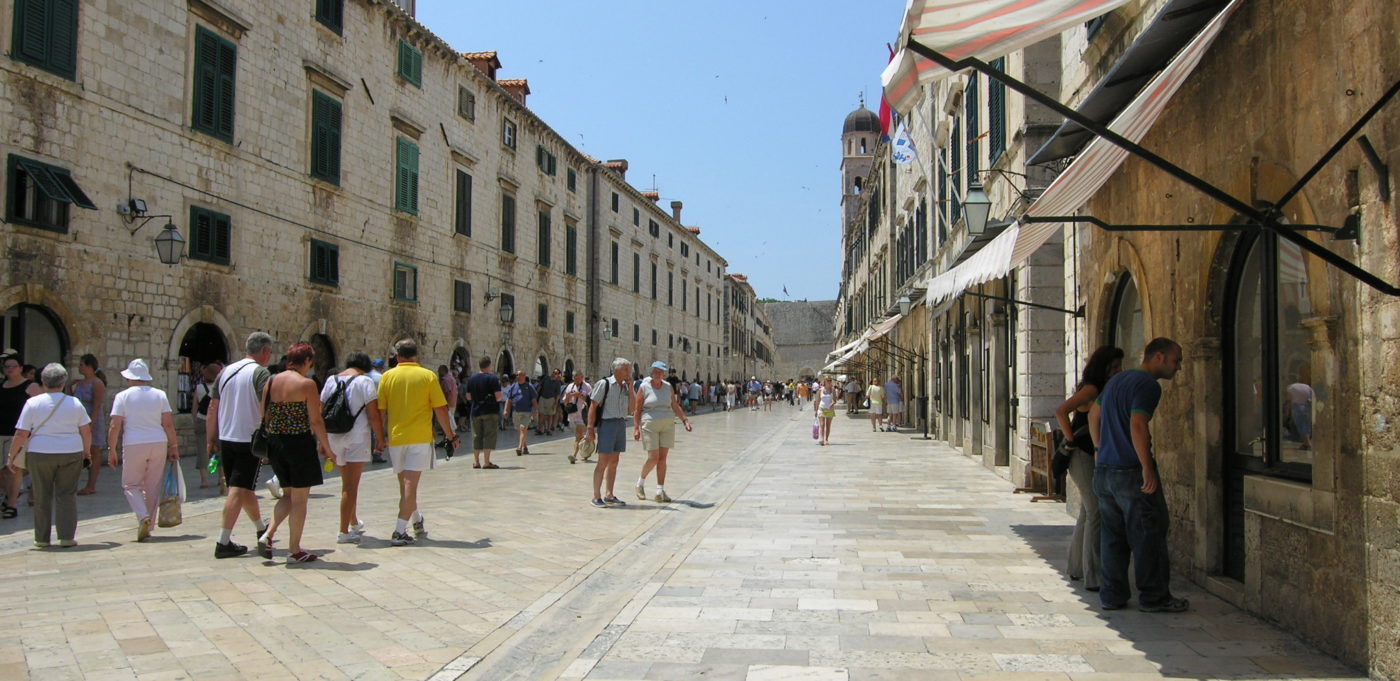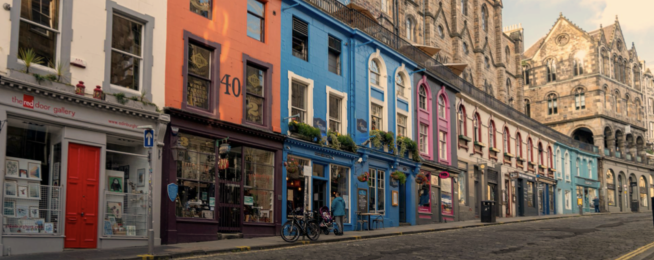Some of the most valued and appreciated places in the world—our precious Unesco World Heritage listed sites—have for years of been under threat from an ominous, but common, menace. The motor car.
Many of these fragile sites are in towns and cities where everyday hustle and bustle continues around gorgeous old streets, buildings and city squares.
And although these visitor-magnet neighbourhoods have become an economic lifeline for communities, local authorities, by continuing to prioritise cars, have sabotaged both the financial health and architectural integrity of the attractions.
Now, because of COVID-19, the cars-over-people default setting is changing. Motor traffic has been restricted or banned, and streets given over to walkers and people on bikes.
In some places it is the first time in half a century that the streets have been viewed in the raw: no trucks, vans, cars or motor scooters.

The air is clear, you can hear the bird and human chatter, and you can pause and soak in the sights of the sites.
But the best news is that these change may become permanent.
Take Edinburgh. The city’s historic core was designated World Heritage in 1978, and it attracts massive numbers of visitors, and the vehicles to transport them.
Until the coronavirus struck, the streets were a snarl of polluting traffic.
According to Nicholas Hotham, a spokesman for Edinburgh World Heritage, the sheer volume of traffic passing through Old Town brings problems like unwanted pollution and blocked views.
"By removing traffic you both improve the streets and boost understanding of the site," he said.
The pedestrianisation of the area in response to COVID has increased the number of people in the streets and the time they spend there, and the amount of money they spend in local businesses.
Other historic downtown ares across Europe were already moving towards car-free operations in order to better preserve the attractions.
“Cars, with their air pollution, noise, danger and space hogging detract from a great historic site’s quality,” says Canadian urban consultant, Brent Toderian.
“Cars are an invasive species in a fragile ecosystem—they weaken everything else.”
We tend to forget that Australia has World Heritage sites also. They are easy to find, just look for the car park.
Become our friend
Find out more about Bicycle Network and support us in making it easier for people to ride bikes.


